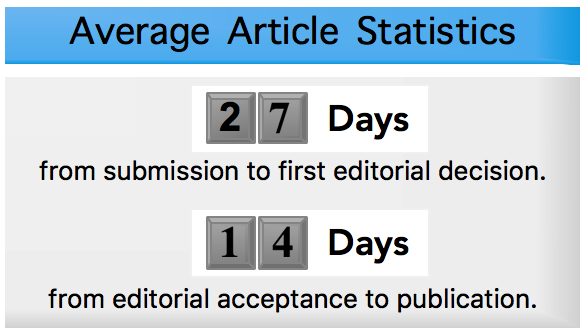Downloads
Abstract
Introduction: Carboplatin is widely used in cancer treatments despite several adverse effects. Metal-organic framework nanoparticles (MOF) were used to load carboplatin, which could improve selectivity to cancerous tissues and control the release profile of this compound. This study aimed to develop and validate a sensitive, simple, cost-effective RP-HPLC method for quantifying carboplatin in MOF.
Methods: This study was developed and optimal different chromatographic conditions for the quantification of carboplatin-loaded MOF materials. The chosen HPLC procedure was validated throughout ICH guidelines.
Results: The chromatographic separation was achieved on an RP-C18 column (250 x 4.6 mm, 5 µm) by isocartic elution with a mobile phase consisting of methanol: potassium chloride 0.9% in a 1:1 ratio. The flow rate is 1.0 mL/min. PDA detector was used at a wavelength of 254 nm. The validation process has achieved the following criteria: system suitability, specificity, linearity, accuracy, precision, range of determination, and robustness. The method showed linearity in the 0.1-1.5 mg/mL range with R2 = 0.9998. The accuracy and %RSD were 98.03-101.37% (mean 99.98%), and 1.08, respectively.
Conclusion: This HPLC method can be used to determine the carboplatin loading and desorption efficiency of MOF materials, including ZIF-8, Zr-UiO-66, and Hf-UiO-66. The method provides a reliable analytical tool for complex MOF compositions, ensuring the safety and efficacy of novel drug delivery systems while accelerating future development in this field.
Issue: Vol 6 No 2 (2025)
Page No.: 747-759
Published: Dec 18, 2025
Section: Original research
DOI: https://doi.org/10.32508/stdjhs.v6i2.593
Funding data
-
Viet Nam National University Ho Chi Minh City
Grant numbers C2022-44-05
PDF = 0 times
Total = 0 times


 Open Access
Open Access 







